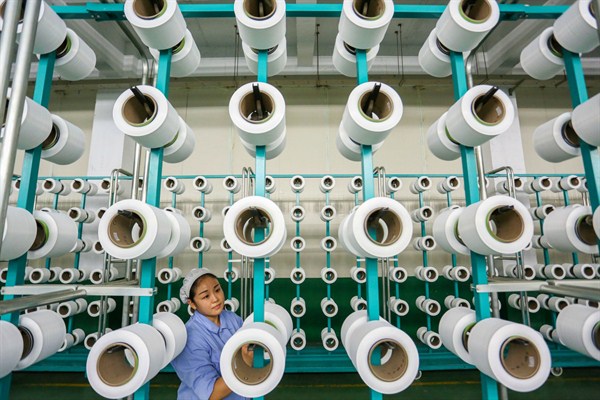The World Trade Organization now has more than 160 members, ranging from the United States to tiny Burundi, the poorest country in the world, according to the World Bank. Afghanistan and Liberia are the WTO’s newest members, joining in 2016, and they are similarly poor and underdeveloped. Under WTO rules, developing countries receive “special and differential treatment” in recognition of their higher levels of poverty and lower levels of capacity to implement certain trade obligations. Yet the WTO has no objective criteria that define the difference between “developed” and “developing” member states. Rather, countries can “self-declare” as a developing country, no matter how big or how rich.
U.S. President Donald Trump wants to change that. It’s a good idea but Trump is the wrong messenger, having constantly bashed the WTO as unfair to the U.S. and threatened to withdraw from it.
China is perhaps the clearest example of the benefits and ambiguities of the WTO’s lack of definitions. It is now the world’s largest exporter of goods, and its average income grew from $1,000 per capita when it joined the WTO in 2001 to nearly $9,000 in 2017. But China is still officially a “developing country” and, as such, can assert its eligibility for special and differential treatment in negotiations over, for example, fishery subsidies. South Korea, a high-income country since 2000 with a per capita income of $30,000 in 2017, also still clings to its “developing country” status, primarily so it can maintain high levels of trade protection for its agriculture sector. Many relatively rich Caribbean island states and Middle Eastern oil exporters do the same.

